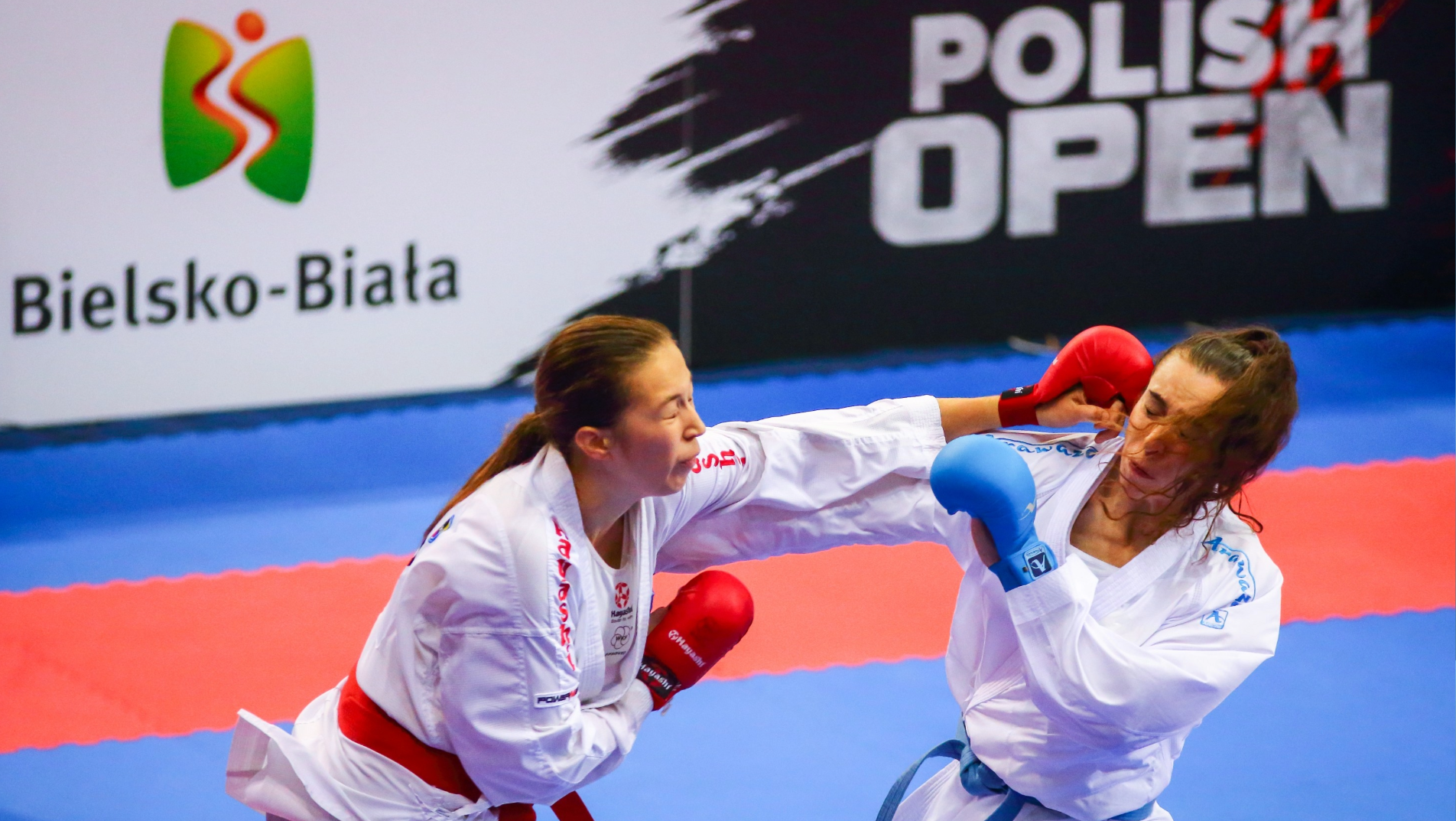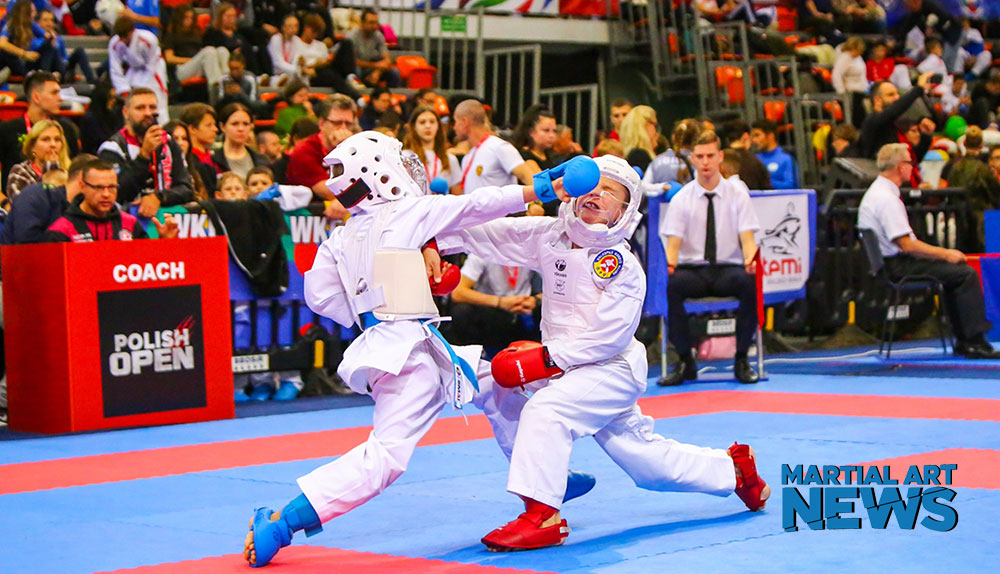In October 2025, karate aficionados from across the continent converged on southern Poland for the 19th edition of the Polish Open in Bielsko-Biała. Over two intense days of competition, more than 2,000 athletes from 33 countries, representing nearly 250 clubs, battled across multiple tatamis — underlining the scale and popularity of this fixture on the European karate circuit.
From children in U10 divisions all the way to Masters categories, the tournament offered a full spectrum of karate competition — kata, kumite, and team events alike — and served as both an arena for rising talents and a testing ground for seasoned veterans.
Fierce competition and country performances
The medal standings revealed the competitive depth of the field. Ukraine was dominant, claiming a staggering 167 medals, including 48 golds, and topping the table. Poland, the host nation, also delivered strong results with 58 medals and 15 golds. Denmark rounded out the top three with 25 medals, including 5 golds.
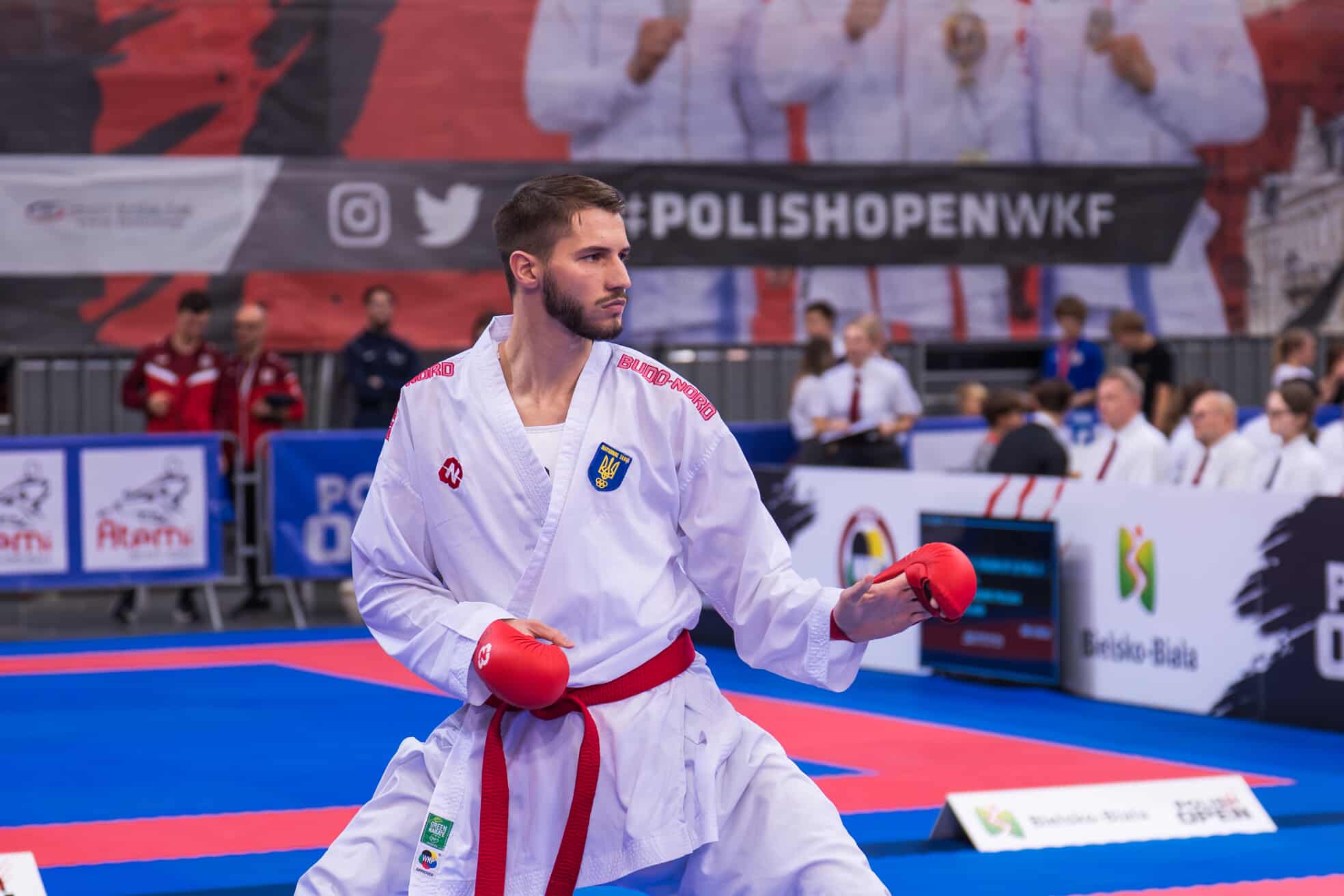
Such results reflect more than individual performances — they underscore how national federations are leveraging the Polish Open as a benchmark event. The tournament is held under the honorary patronage of local and national authorities — from the Mayor of Bielsko-Biała and the Marshal of Silesia to Poland’s Ministry of Sport and Tourism — signaling its broader cultural and sporting significance.
Paweł Połtorzecki, President of the Polish Karate Union, emphasized the event’s role in fostering the values of the sport:
“For many young athletes, it was their first chance to face world-class opponents — even Olympic medallists. These experiences build humility, perseverance, and respect.”
Meanwhile, Antonio Espinós, President of both the World Karate Federation (WKF) and the European Karate Federation (EKF), praised the event for its high standard and inclusive reach:
“This tournament gathers thousands of athletes — from U10 to Masters — which shows that, as our motto says, karate is for life.”
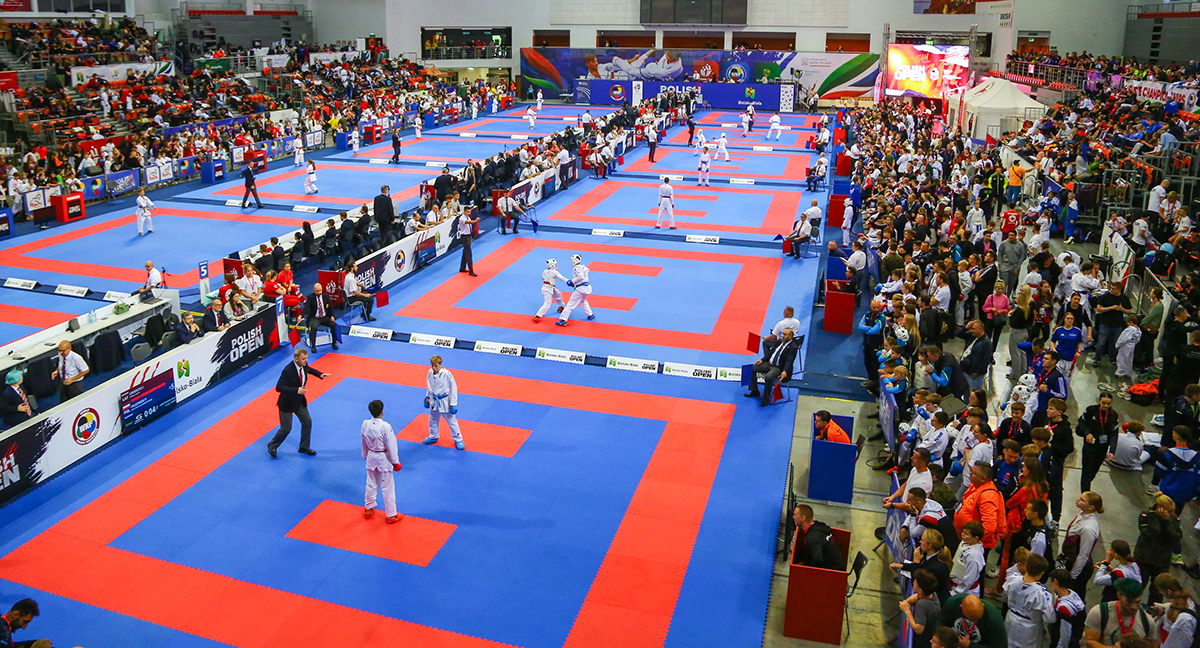
Growth, structure, and context
The 2025 Polish Open stands on the shoulders of a strong legacy. In 2024, its preceding edition drew over 2,000 competitors from 32 countries, across 12 competition areas and with more than 120 referees in action — metrics that already positioned it among Europe’s more prominent karate tournaments.
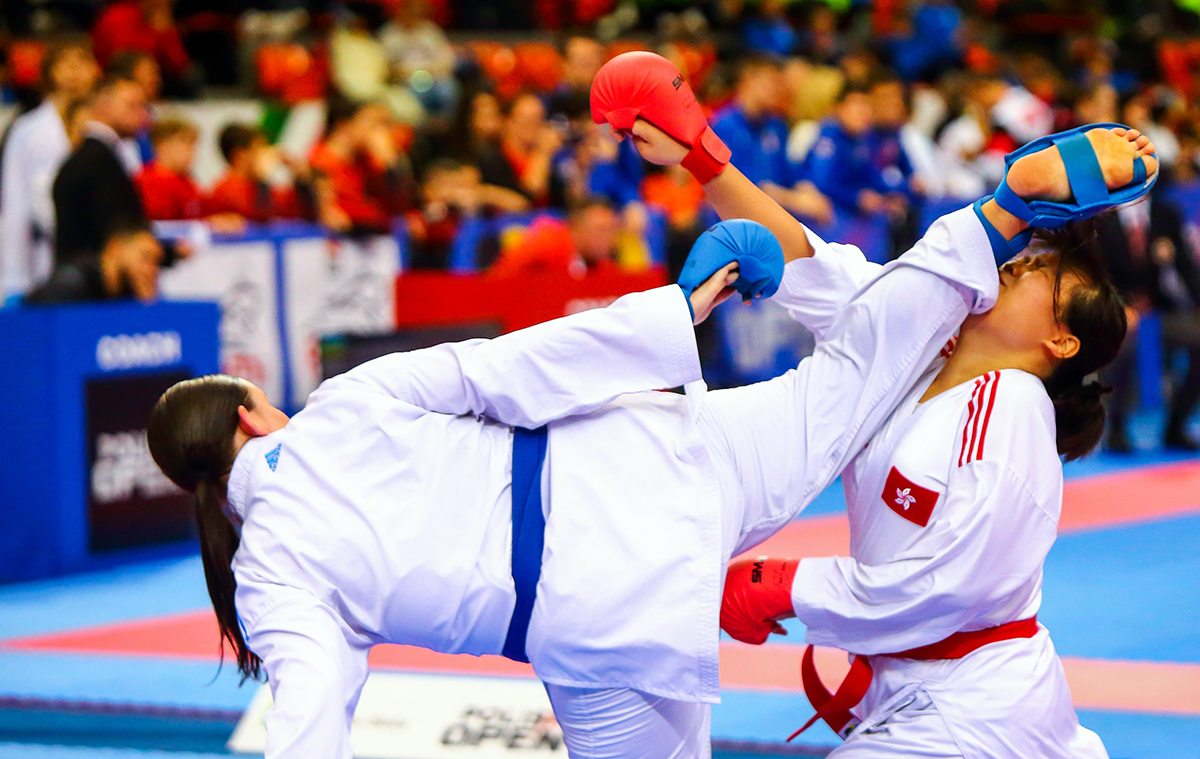
Moreover, Bielsko-Biała itself has established long-term ties with the sport. The EKF / WKF leadership has repeatedly recognized the city as a hub for karate in Poland, collaborating with local authorities such as Mayor Jarosław Klimaszewski to shape the event’s future.
In the EKF’s official 2025 calendar, the Polish Open is listed under October 12 (though our coverage frames it over two days) with full categories in kata, kumite, cadets, juniors, U21, and senior divisions, as well as para-karate events.
This structure allows national federations and clubs to enter a wide cross-section of athletes, from up-and-coming talents to elite competitors, offering a rich test ground just ahead of major continental events.
Sweden’s athletes step into the spotlight
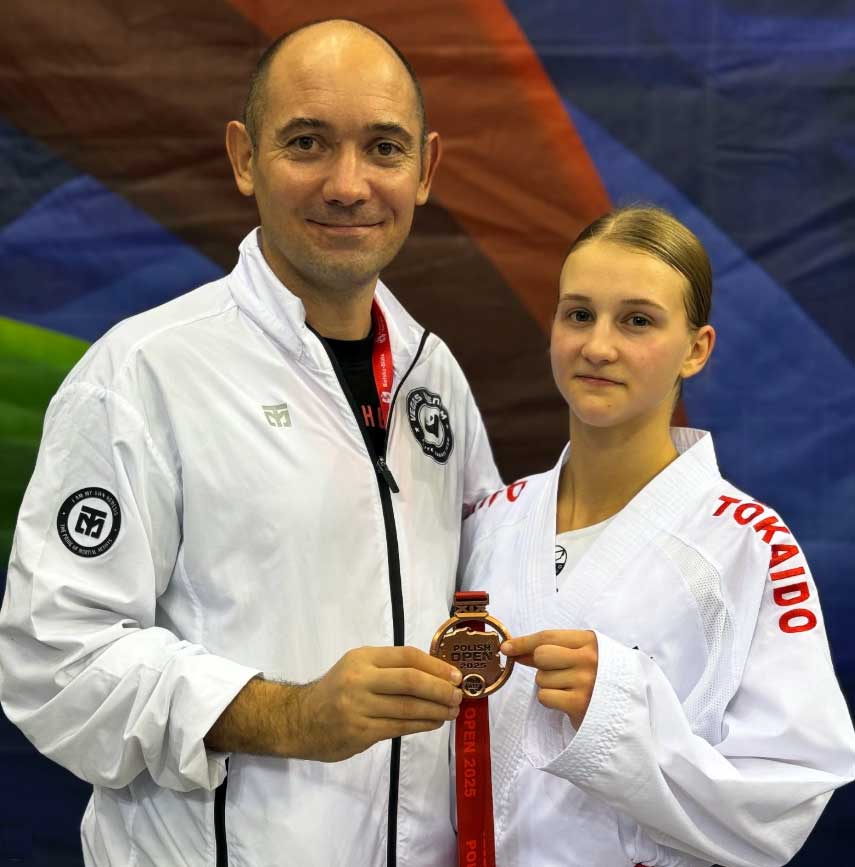
For the Swedish karate community, the Polish Open 2025 represented a strategic and ambitious foray onto a major European stage. The Swedish Karate Federation (SKF) fielded athletes across multiple weight classes and age categories, seeking to gain ranking points, international experience, and momentum heading into upcoming championships.
Among the Swedish entrants were promising juniors aiming to measure up to continental rivals, and senior competitors intent on challenging for podium positions. The depth of the field — especially with powerhouses like Ukraine and Poland dominating — made for a rigorous proving ground. Still, Swedish athletes have in recent years shown they can cause upsets and punch above their weight in European tournaments, and their presence in Bielsko-Biała is a signal of intent.
While official Swedish medal tallies from the event have not yet been published, many within the national team expressed optimism that valuable learning and breakthrough performances will emerge from the experience. Observers and fans alike will now follow closely as results filter in — and as Swedish karate hopes to convert exposure and effort into future success on the continental stage.
Ukrainian dominance redefines European standards
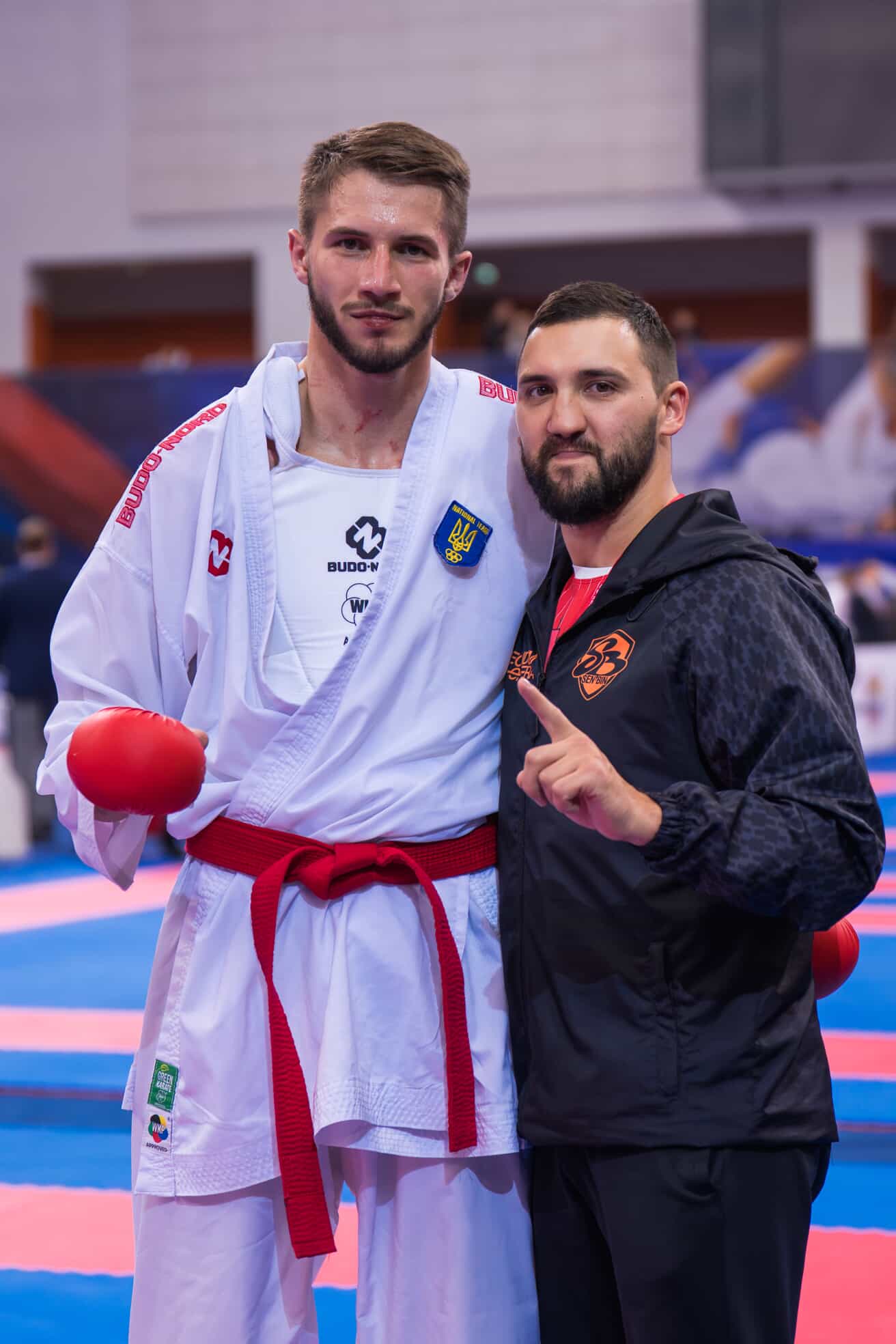
No discussion of the 2025 Polish Open can be complete without acknowledging Ukraine’s outstanding performance. Their athletes, displaying remarkable skill and tactical precision, dominated nearly every category — from cadet kumite to senior kata. Teams from Kyiv, Lviv, and Dnipro showcased extraordinary depth, with multiple double-gold winners and a unified team spirit that drew admiration from across the arena.
Ukraine’s head coach, Nikolai Sirakovsky, attributed their success to “a combination of technical discipline and emotional resilience,” emphasizing how the nation’s athletes continue to train under difficult circumstances yet rise to the highest levels of competition. Their triumph in Bielsko-Biała not only cemented Ukraine’s place at the top of European karate but also served as an inspiring reminder of perseverance through adversity.
Photo: World Karate Federation (WKF) and the European Karate Federation (EKF) – wkf.net.
Record-Breaking Polish Open in Bielsko-Biała Showcases Popularity of Karate – WKF
